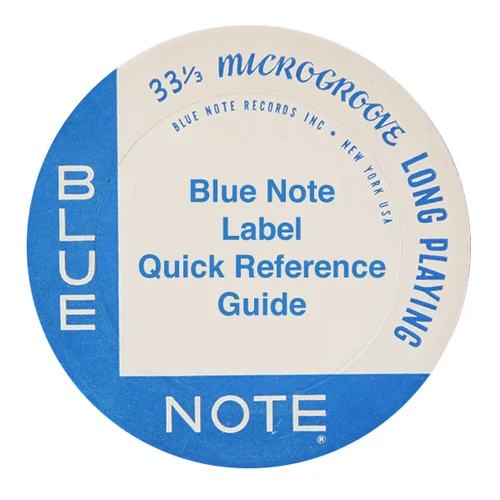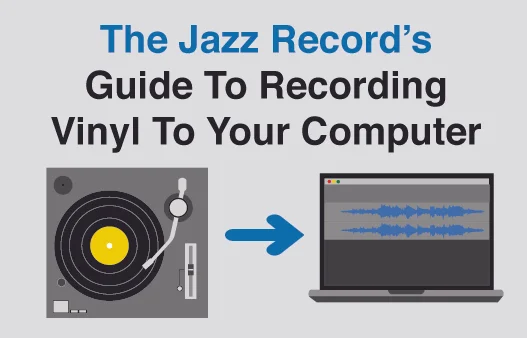Leading The Way: Cannonball Adderley - "Cannonball Takes Charge"
/Cannonball Adderley • Cannonball Takes Charge • 1959 • Rivderside Records
Recorded April 12 & May 12, 1959 in NYC
The Selections:
The Tracks:
A1. If This Isn't Love
A2. Poor Butterfly
A3. I Guess I'll Hang My Tears Out To Dry
A4. I've Told Every Little Star
B1. Barefoot Sunday Blues
B2. Serenata
B3. I Remember You
The Players:
Julian "Cannonball" Adderley - Alto Sax
Wynton Kelly - Piano
Paul Chambers - Bass (A1, A3, A4, B2)
Jimmy Cobb - Drums (A1, A3, A4, B2)
Percy Heath - Bass (A2, B1, B3)
Albert "Tootie" Heath - Drums (A2, B1, B3)
The Record:
Cannonball Contemplating the music In The Studio
When Cannonball Takes Charge was released in the summer of 1959 Cannonball Adderley was already quite well known in the jazz world, having led one ultra classic jazz session (Somethin' Else) and appearing on two others (Milestones and Kind Of Blue), but he still wasn't a major star in his own right. All of that was about to change later in the year when he would reunite with his brother Nat and released the hit record The Cannonball Adderley Quintet In San Francisco, an album that would sell a hefty amount due to the hit song "This Here" by the great Bobby Timmons. It's no surprise then that a fantastic album like Cannonball Takes Charge would get lost in the shuffle of that very productive year for Adderley, yet it's as good as anything he put out during this first phase of his career, and it very much sets the stage for the commercial and critical success he would find throughout the 1960s.
The album was recorded at two sessions in April and May of 1959, with the latter finding Percy Heath and Albert "Tootie" Heath replacing Paul Chambers and Jimmy Cobb (Adderley's cohorts in the Miles Davis group) on three tracks, but there is no lack of cohesion from track to track due to the guiding presence of Wynton Kelly. Where would modern jazz from around 1956 until 1962 be without Wynton Kelly? He appeared on so many classic albums (A Blowin' Session, Soul Station, Full House, Miles' "Blackhawk" recordings, to name just a few of my personal favorites), never overpowering them, but always adding that special something that the finest jazz pianists seemed to be able to bring to the occasion, whether it be in the studio or on the stage.
Much of the success Adderley would soon have can be traced to him (and his brother) embracing a new sound that would soon become known as soul jazz, but as with most "overnight" successes it's always important to remember that the foundation was in place and gestating for some time. The beauty to be found in an album like Cannonball Takes Charge is all on Adderley, his warm, earthy and fluid tone on the alto draws the listener in and he is equally at home tearing through a hard bop take on an obscure pop tune like "If This Isn't Love" just as easily as he shows off the roots of the direction that he would soon take his music on his soulful blues number "Barefoot Sunday Blues". Maybe the most underrated aspect of Adderley is the enthusiasm found in his playing, a joyfulness that is transferred to the listener. He would soon become famous for the long and detailed introductions he would give the audience before starting a tune during his live shows, and that inclusive demeanor can be felt in his playing too. He seemed to not just love playing jazz, but wanted to be sure that the listener loved it as well.
It doesn't hurt that Adderley - a player who at one point early in his career had to overcome unfair comparisons to Charlie Parker - had a smooth effortless playing style that was just as at home in a hard bop and modal setting as it was in the more funky and fervent confines of soul jazz. I've always found pleasure in the fact that Adderley never seemed to lose any ground with the critics or his fans once he shifted his focus in the '60s to funkier fare like Mercy, Mercy, Mercy! or Why Am I Treated So Bad!, a rare feat in the finicky world of jazz listeners. We are all at least a little guilty of pigeonholing our jazz idols and then turning on them if they defy our expectations, but the great Cannonball Adderley somehow escaped most of that, another testament to the joy he brought to his audience.
The Vinyl:
The Details: What at first appeared to be an original stereo pressing is actually a repress from some time after it's original 1959 release. How do I know that? The liner notes on the back talk about Adderley's newfound success since the release of The Cannonball Adderley Quintet In San Francisco which was released after Cannonball Takes Charge. I was able to track down the original liner notes online (Google is truly an amazing thing) and indeed they did add an extra paragraph to the notes on my copy. The other defining clue is the "Other Riverside Albums Include" section at the bottom right of the back that advertises seven Adderley albums up through African Waltz indicating that this pressing dates to at least after 1961 when that LP was released. In any case it still has the classic black Riverside "microphone and reel" stereo label, and it looks and sounds great, so I'm perfectly content with my copy.
The Price: A very fair $14 (including shipping) off eBay, the album came as advertised in VG+ condition for the vinyl and the cover.
The Sound Quality: Excellent sound as to be expected from a vintage stereo Riverside pressing. Nice heavy vinyl that shows off not just Adderley's warm tone, but also Kelly's melodic piano lines and the rest of the rhythm section's excellent work behind the big man.
Notes: While this one isn't a "first" pressing, it still definitely qualifies as an early vintage edition, and since I'm not as label-obsessed as some it finds a happy place in my collection of Adderley albums. Cannonball Takes Charge will never get called out as one of his best, but it is a damn great record that shows off why Adderley remains one of my favorite jazz musicians even after many years of enjoying his long and varied discography.












